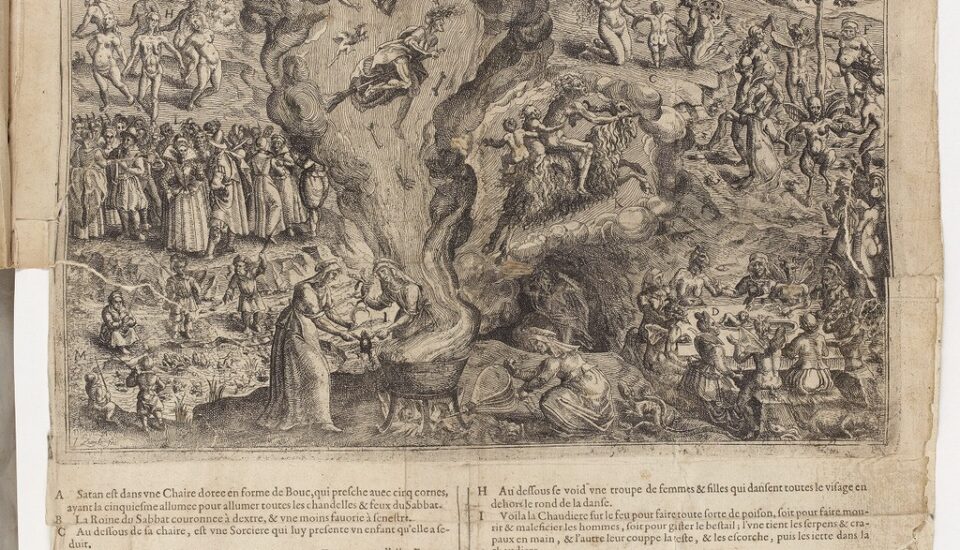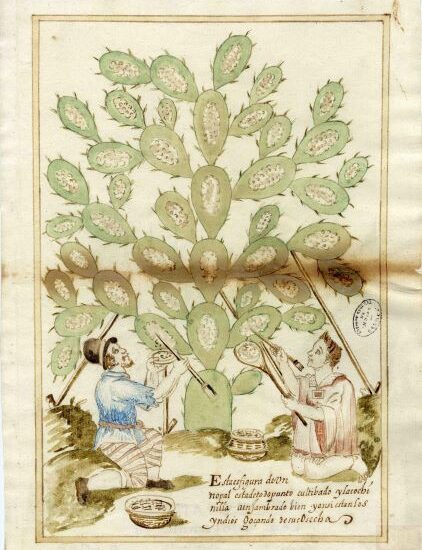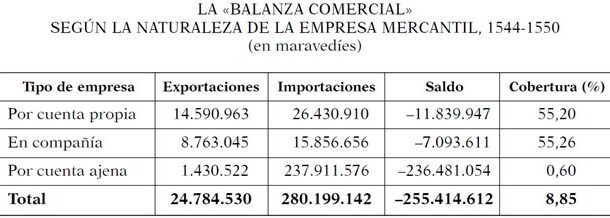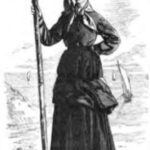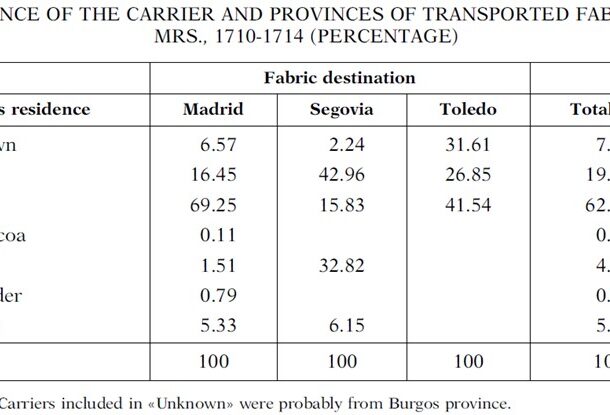
Throughout the 17th century, the costly wars between the Spanish Empire and the European territories led to increased spending by the Treasury. One way to alleviate the budgetary imbalance was to increase the tax burden on citizens and on the products they consumed. Although the new taxation sparked numerous revolts and riots, the tax burden settled down: in Castile, between 1577 and 1666, the Crown’s tax revenue rose from 2.6 million ducats to 5.7 million ducats. In this context, wine, popularly used, was a source of tax revenue. In Madrid, in addition to nourishing the Crown’s treasury, the Conejo added a parallel increase for its municipal benefit. The resource shows the evolution of the collection of wine according to the purpose of the collection and the amount in millions of maravedís obtained. Between 1607 and 1640, the municipal tax payments were used to pay the town’s expenses; it was the introduction of wine from Olivenza in 1644 when part of this collection was destined for the Crown. From that moment on, the tax burden on wine served to cover more and more of the Crown’s needs, rising from 7% in 1644 to 64% in 1700. This rise was paralleled by a steady increase in taxes on the litre of wine: while in 1606-1610 the taxes represented 27% of the price of a litre, between 16666 and 1670 they rose to 65%. Why did the authorities tax wine with special interest? Its wide distribution and inelastic demand made it favourable for securing a constant income. Such was its importance that at the end of the 17th century, wine taxes accounted for 40-45% of the total tax revenues collected in Madrid.
Collection: Statistics
Project: 3. Rural world and urban world in the formation of the European identity., 5. Power and powers in the history of Europe: oligarchies, political participation and democracy.
Chronology: XVII
Scope: Secondary Education, Baccalaureate, University
Resource type: Statistics
Format: Table
Source: Andrés Ucendo, J. I. (2011). "Fiscalidad y precios en Castilla en el siglo XVII: los precios del vino en Madrid, 1606-1700", en Revista de Historia Económica, vol. 29, nº 2, p. 277.
Language: Spanish
Date: 2011
Owner: Pablo Ballesta Fernández (Modernalia)
Copyright: ©Revista de Historia Económica ©José Ignacio Andrés Ucendo
Abstract: Table of the evolution of wine taxation in Madrid reflecting the importance of this product in everyday life and the material benefit that the authorities gained in times of economic stress
Image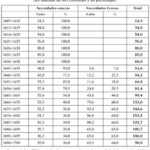
Tags


